Managing COPD in the Winter
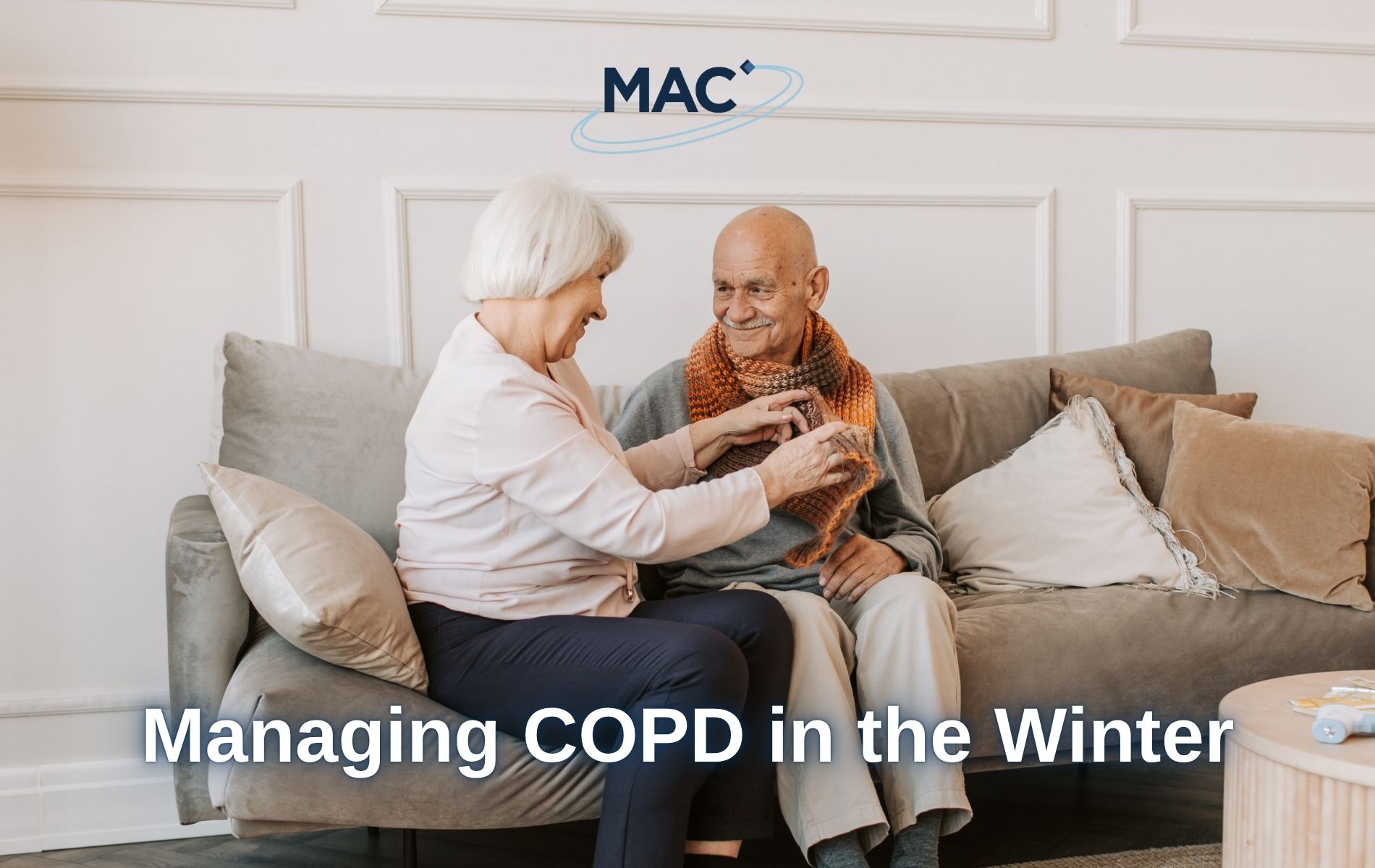
Winter can be a challenging season for people living with Chronic Obstructive Pulmonary Disease (COPD). Cold, dry air, increased indoor pollutants from fireplaces, and seasonal viruses all contribute to a higher risk of flare-ups and respiratory distress. But with the right strategies, you can protect your lungs and maintain your quality of life throughout the […]
Spotlight on Vulvodynia: Managing Stress While Living with a Chronic Condition

Living with a chronic condition such as vulvodynia (chronic pain or discomfort in the vulva that has no clear cause) can be physically demanding and mentally draining. Around 60% of individuals living with a chronic medical condition experience psychological distress, and they are three times more likely to experience this than the general population1. This […]
Menopause, Hormones, and Vulvodynia: What’s the Connection?

This World Menopause Awareness Day, we’re exploring the relationship between menopause, hormones, and vulvodynia. Vulvodynia (vulvar pain with no clear cause) affects up to 16% of women1 and can happen at any age. Research has linked some types of vulvodynia with hormone levels, particularly a drop in oestrogen2, a hormonal decline that happens naturally as […]
Malnutrition and Dementia: What Clinical Trials Are Revealing

Malnutrition is a widespread risk for those with dementia living in long-term care. Research has shown that nearly 29% of people living with dementia in the UK are malnourished1, and the risk of malnutrition in long-term care facilities is around 57%2. This UK Malnutrition Awareness Week, we’re shedding light on the impact of malnutrition and […]
World Mental Health Day: How to Manage PTSD in Emergencies
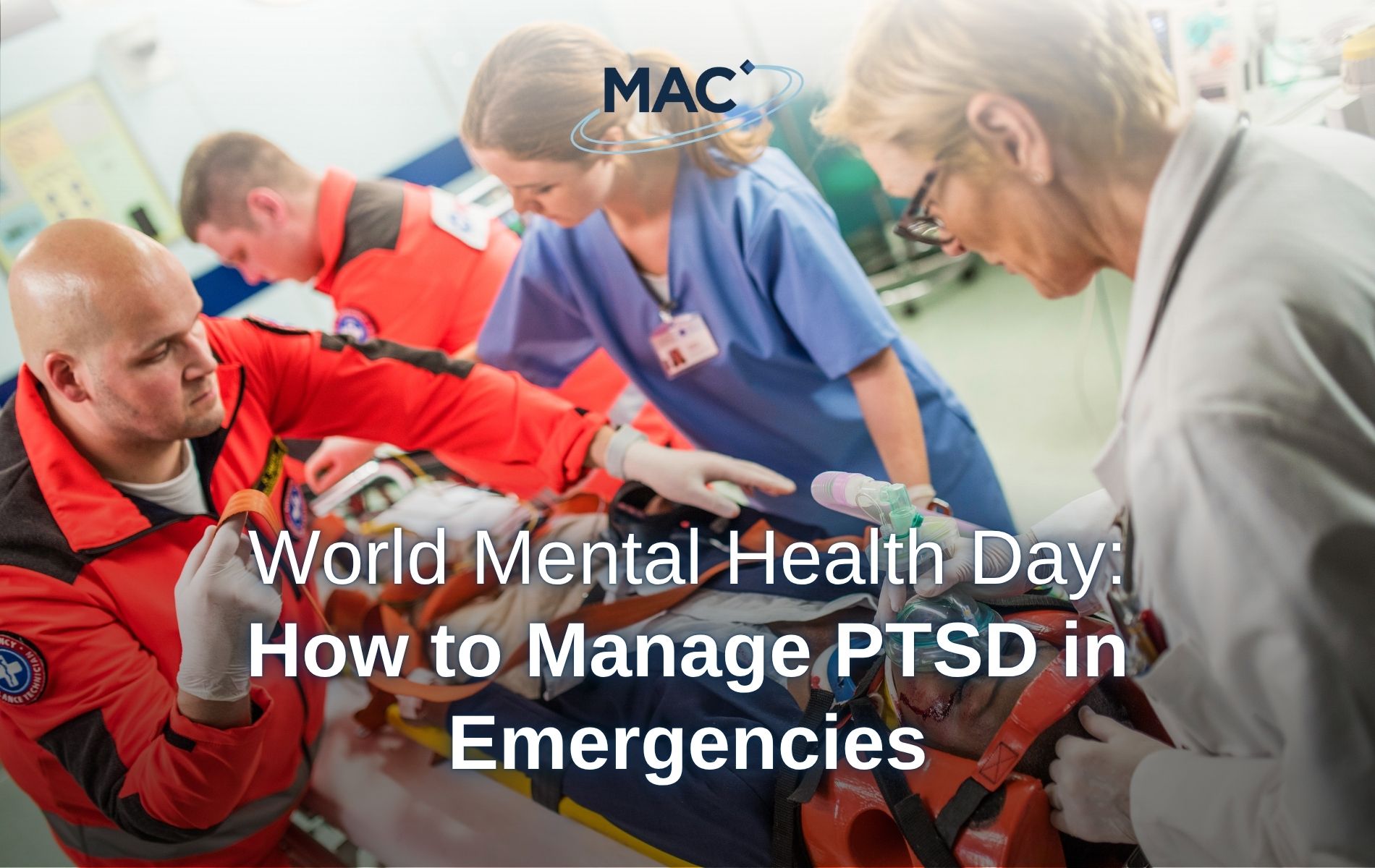
World Mental Health Day celebrates the importance of prioritising mental health, and this year, the focus is on protecting your mental health in catastrophes and emergencies. Many conditions, like depression, anxiety, and post-traumatic stress disorder (PTSD), can be exacerbated in these situations due to the additional stress they create. Here at MAC, we’re recognising the […]
UK Fungus Day: Treating Depression with Psychedelics
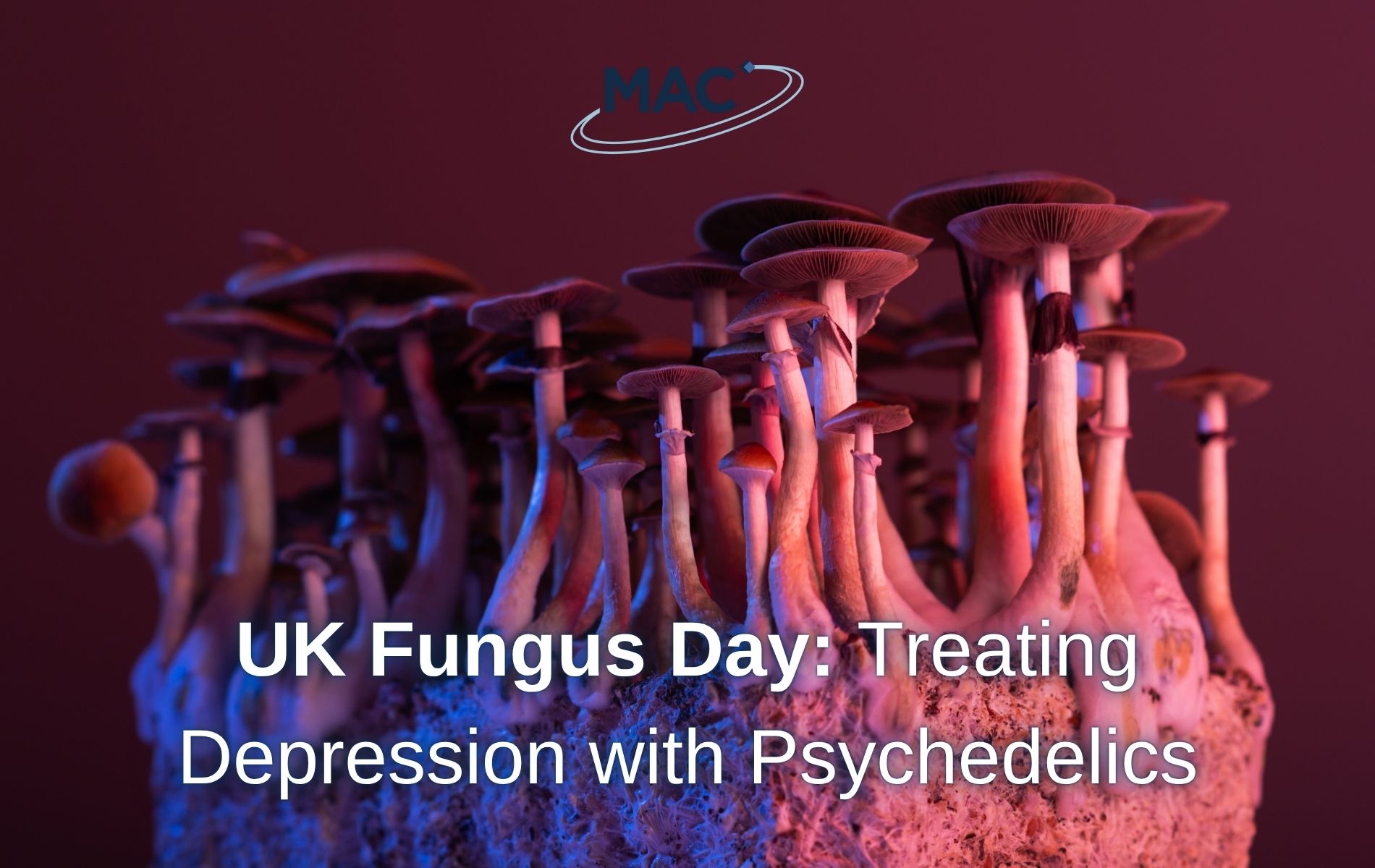
As we celebrate UK Fungus Day, it’s worth reflecting on how fungi, often overlooked and misunderstood, are quietly revolutionising mental health care. At the heart of this transformation is psilocybin, the psychoactive compound found in certain mushrooms, which shows remarkable promise in the treatment of depression. Current Treatments for Depression For decades, depression has been […]
World Alzheimer’s Month: Alzheimer’s Myth Busting
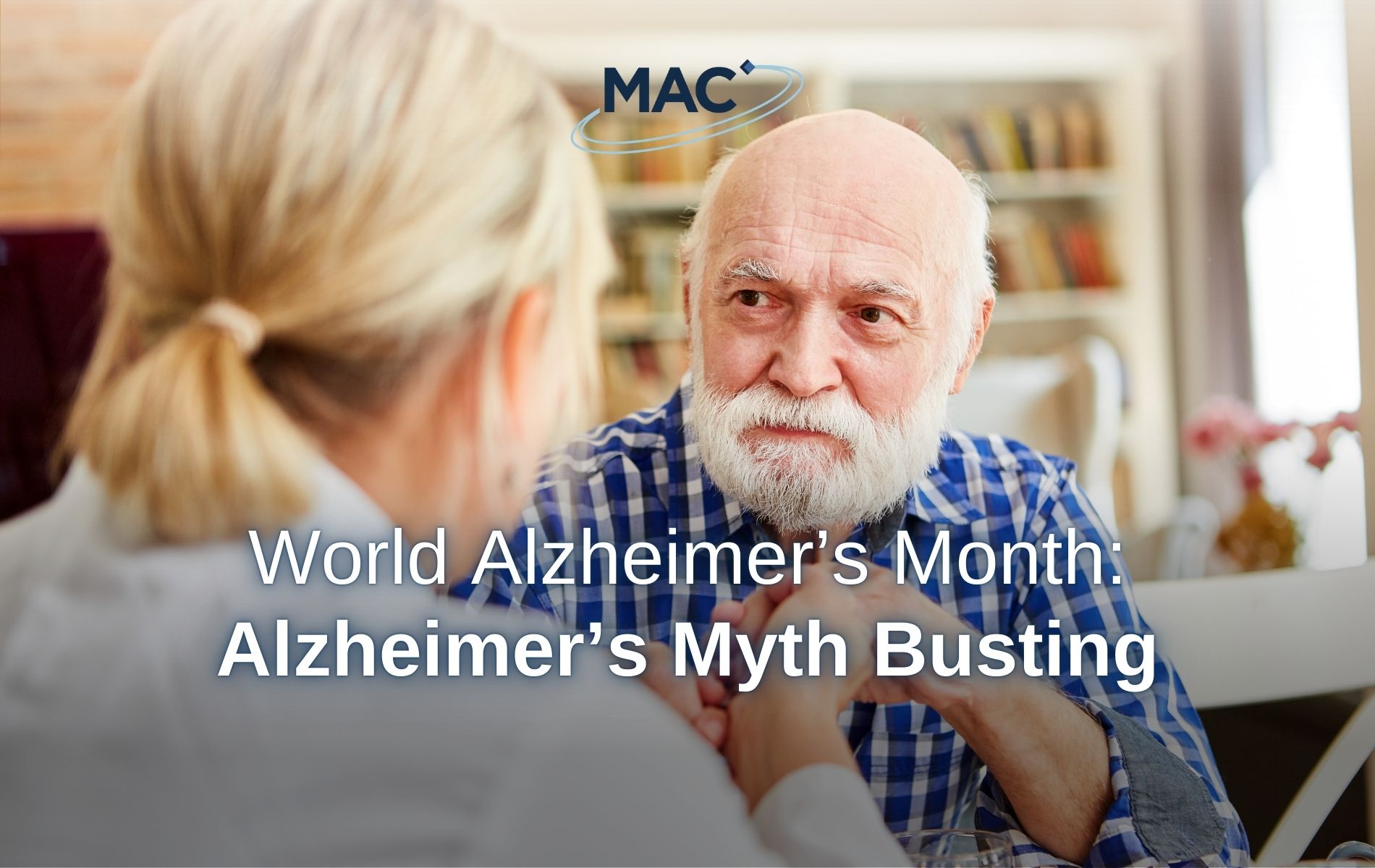
It’s estimated that nearly one million people in the UK are living with some form of dementia, but more than one third do not have a diagnosis1. Alzheimer’s disease is the most common form of dementia and is a physical condition that damages the brain over time2. There are many misconceptions about Alzheimer’s, and for […]
What is Vulvodynia?

Vulvodynia is a chronic pain condition affecting the vulva, the external part of the female genitalia. It is defined as vulvar pain that lasts for at least three months without an identifiable cause, making it a complex and often misunderstood condition. Despite an estimated 18% of women being impacted at some point in their lives […]
The Importance of Research into Women’s Sexual Health
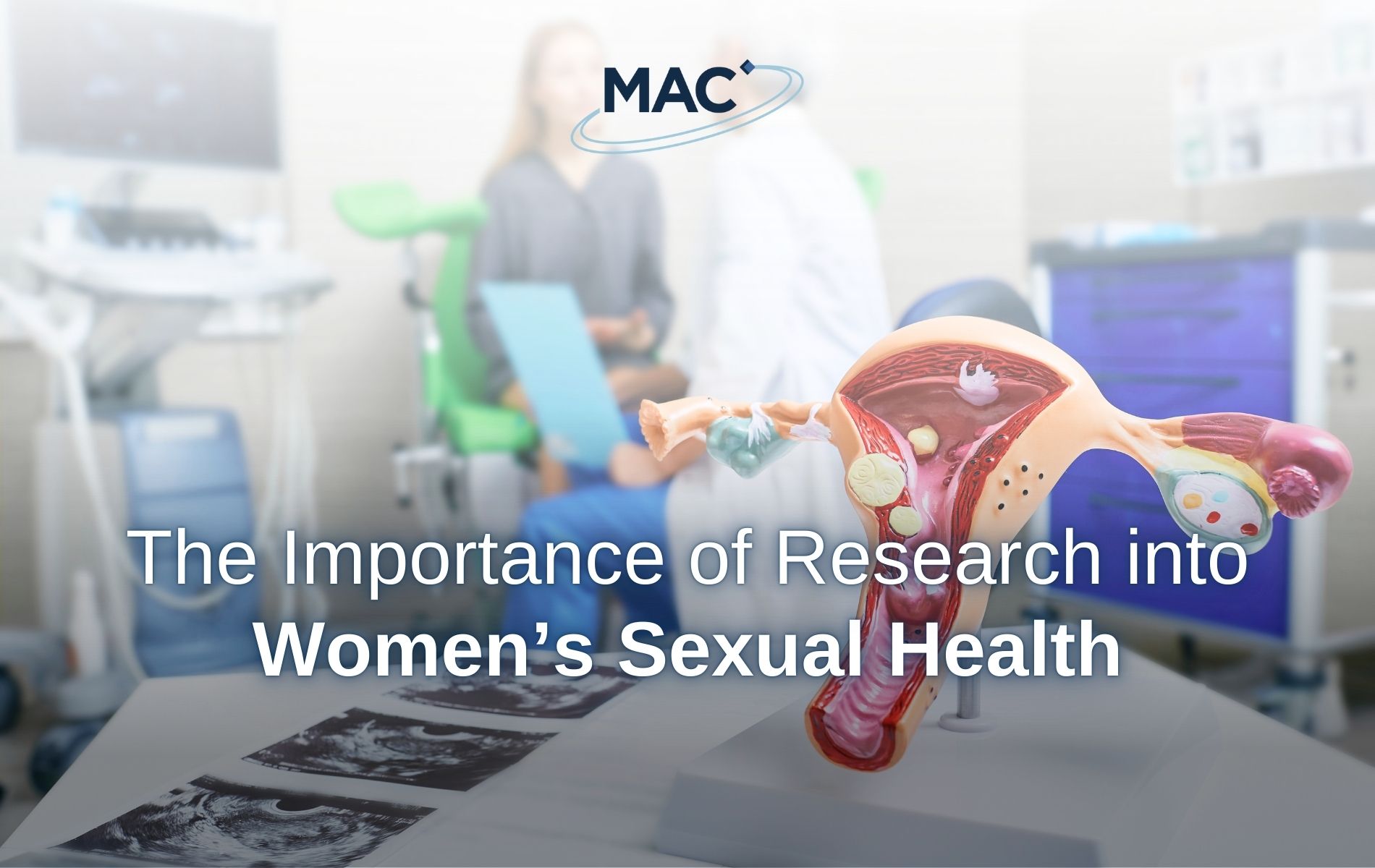
Less than half of women in the UK with severe reproductive health conditions seek help, and those who do face delays in diagnosis and doubt about their symptoms1. This is despite the significant impact women’s health conditions have on their lives, with one in eight women in the UK taking time off work in the […]
Emergency Services Day: PTSD and Blue Light Professions

Post-traumatic stress disorder (PTSD) affects one in ten people in the UK in their lifetime1. This risk increases with certain occupations, particularly those in the emergency services such as police, fire, and ambulance personnel2. Today, on Emergency Services Day, we are highlighting the impact of PTSD in ‘blue light’ professions. Understanding PTSD PTSD is a […]
